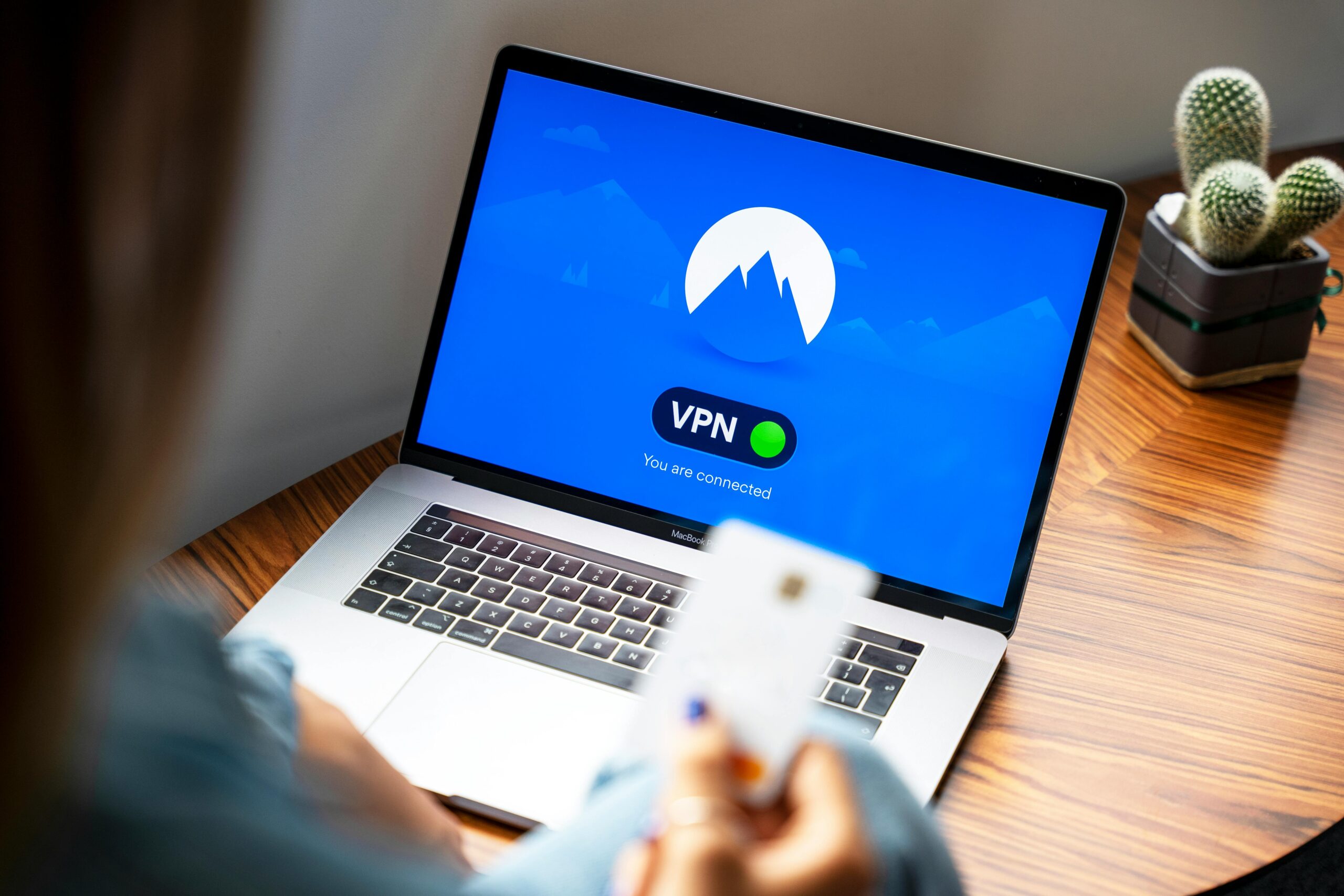In today’s digital world, protecting your finances and personal information online is more important than ever. Identity fraud, online scams, and hackers are constant threats. One of the simplest ways to guard your sensitive information—like your banking details and payment info—is by using a VPN (Virtual Private Network).
But what exactly is a VPN, and why is it so important for your financial safety?
What is a VPN?
A VPN creates a secure, encrypted connection between your device (like your phone or computer) and the internet. This makes it much harder for hackers to see what you’re doing online, steal your personal information, or track your browsing activity. Essentially, a VPN acts like a protective shield, keeping your data safe from prying eyes.
How Can a VPN Protect Your Finances?
Here are some of the main ways a VPN helps safeguard your finances:
1. Keeps Your Online Banking Secure
When you log into your online banking account, you want to be sure no one can eavesdrop or steal your login details. A VPN encrypts your data, making it extremely difficult for hackers to intercept your sensitive information, like passwords, account numbers, or payment details.
2. Prevents Identity Fraud
Identity theft is a major concern in today’s world. Cybercriminals can use unsecured networks (like public Wi-Fi in cafes or airports) to steal your personal details. With a VPN, your data is encrypted, making it harder for attackers to access and use your identity for fraudulent purposes.
3. Protects Online Payments
When shopping online or making payments, you’re entering sensitive information like credit card numbers. A VPN adds a layer of security, ensuring that this data stays private and safe from cybercriminals.
When Should You Use a VPN?
Here are some key times to make sure your VPN is turned on:
- When Using Public Wi-Fi: Public Wi-Fi is convenient, but it’s also a favorite target for hackers. Always use a VPN when connecting to public networks in places like cafes, hotels, or airports.
- When Accessing Your Bank or Financial Accounts: Whether at home or on the go, using a VPN while logging into your bank or investment accounts adds an extra layer of protection.
- When Shopping Online: If you’re entering payment information online, especially on websites you don’t know well, a VPN can help ensure your financial details are kept safe.
- When Traveling Abroad: Some countries have different levels of internet security, so using a VPN while traveling can help keep your personal and financial data safe.
Recommended VPNs to Consider
There are many VPN services out there, but not all are created equal. Some focus on privacy, while others may prioritize speed or simplicity. Here are a few VPNs worth checking out to see which fits your needs best:
- Mozilla VPN: A trusted name in privacy, Mozilla’s VPN offers solid security with a straightforward user experience.
- Brave VPN: Known for its privacy-focused web browser, Brave also offers a VPN that’s built with security in mind.
- Proton VPN: Developed by the creators of ProtonMail, this VPN focuses heavily on privacy and offers strong encryption.
- Google VPN: Integrated into the Google One service, it’s an option for those already in the Google ecosystem.
- Apple iCloud Private Relay: For Apple users, this feature offers some VPN-like benefits, helping to keep your browsing and data private.
Stay Safe Online
Taking the simple step of using a VPN can make a huge difference in protecting your finances and personal information. Whether you’re banking, shopping, or just browsing the web, a VPN adds an essential layer of security that helps protect you from identity theft and online threats.
Want More Easy Tips to Protect Your Finances?
Sign up for our newsletter using the form on the upper right sidebar of the website! We’ll share more simple, practical tips on how to manage your money and stay safe online. Join today to take control of your financial security!
